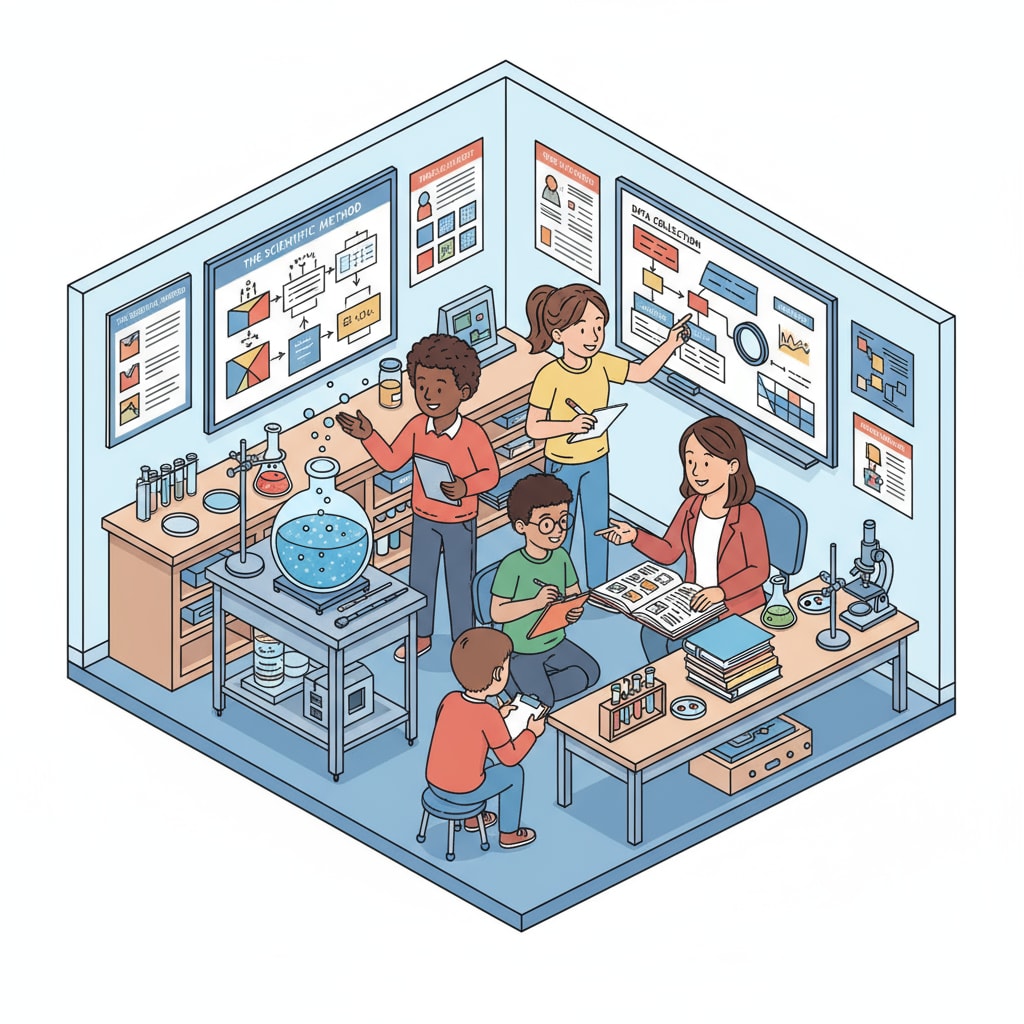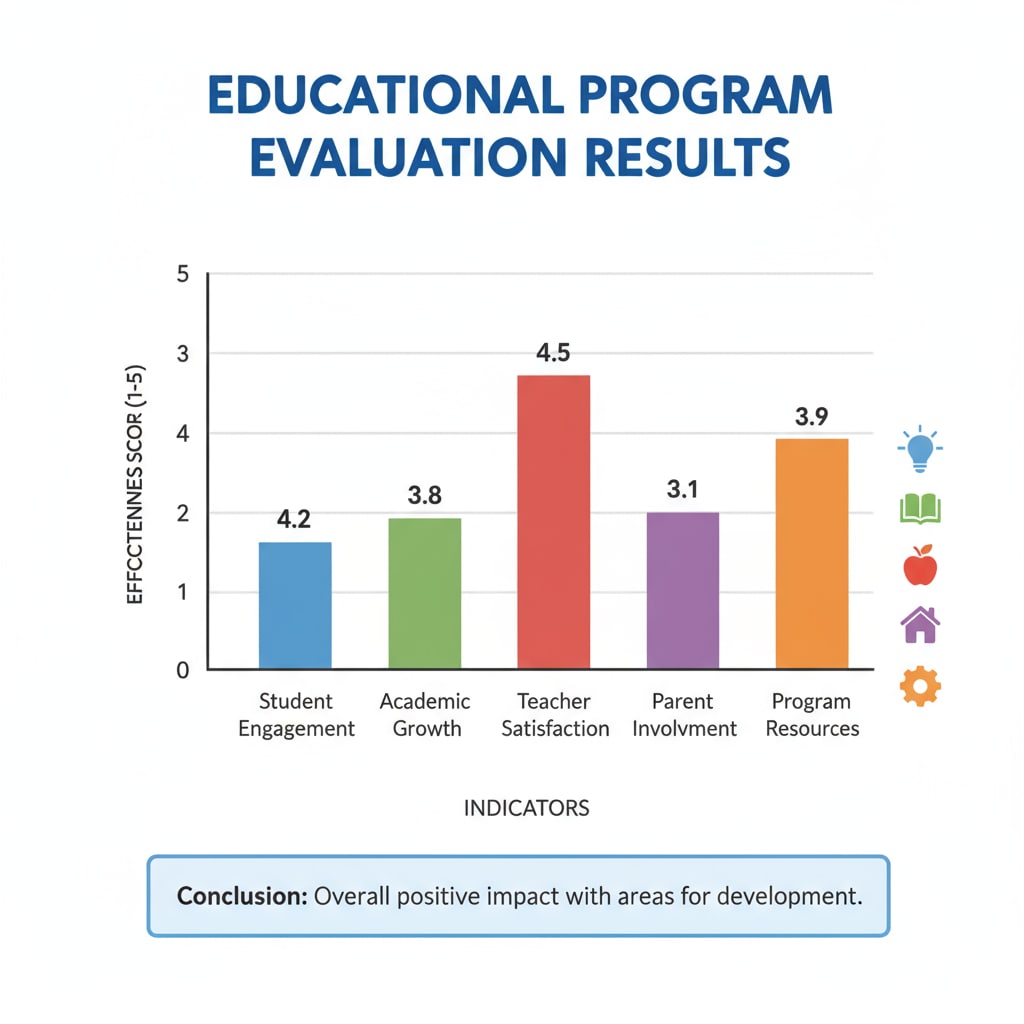Research, evaluation, social inequality, and education are intertwined concepts that play a crucial role in shaping the landscape of K12 education. In this article, we will delve into the professional definitions of research and evaluation in the context of K12 education, highlight their differences, and explore how they work in tandem to address social inequalities in this field.
The Professional Definition of Research in K12 Education
Research in K12 education is a systematic and scientific inquiry aimed at generating new knowledge, understanding educational phenomena, and developing evidence-based practices. It involves formulating research questions, collecting and analyzing data, and drawing conclusions. For example, a researcher might investigate the impact of a new teaching method on student achievement. According to Educational research on Wikipedia, educational research can be qualitative, quantitative, or a combination of both. Qualitative research focuses on understanding the experiences and perspectives of students and teachers, while quantitative research uses numerical data to measure and analyze educational outcomes.

The Professional Definition of Evaluation in K12 Education
Evaluation in K12 education, on the other hand, is the process of assessing the value, effectiveness, or worth of an educational program, policy, or practice. It helps in making decisions about improvement, continuation, or discontinuation. As stated on Educational evaluation on Britannica, evaluation can include formative evaluation, which occurs during the implementation of a program to provide feedback for improvement, and summative evaluation, which assesses the overall effectiveness of a program at the end. For instance, an evaluation might determine whether a particular after-school tutoring program is achieving its intended goals of improving student grades.

The differences between research and evaluation are notable. Research is more focused on discovery and knowledge generation, while evaluation is centered on making judgments about the quality and effectiveness of something. However, they are not mutually exclusive. In fact, they can complement each other.
When it comes to addressing social inequalities in K12 education, research and evaluation are like two wings of a bird. Research can identify the root causes of educational inequalities. For example, it might reveal that students from disadvantaged backgrounds have limited access to educational resources. Evaluation, then, can help in assessing the effectiveness of interventions designed to address these inequalities. A program aimed at providing additional resources to disadvantaged students can be evaluated to see if it is actually making a difference in their educational outcomes.
In conclusion, research and evaluation, with their distinct yet complementary roles, are essential tools in the fight against social inequalities in K12 education. By understanding their professional definitions and how they work together, educators and policymakers can take steps towards creating a more equitable education ecosystem. As we continue to strive for educational equity, research and evaluation will remain crucial in guiding our efforts.
Readability guidance: This article uses short paragraphs and lists to summarize key points. Each H2 section provides a clear focus. The passive语态 is used sparingly, and long sentences are kept to a minimum. Transition words such as “however”, “for example”, and “in fact” are used throughout to enhance the flow of the article.


